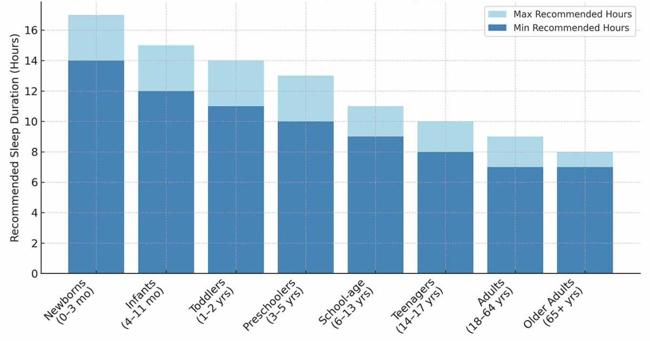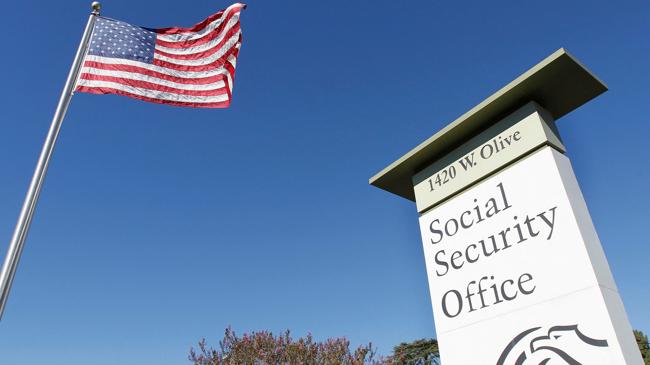Summary
Like other retirees, I turned to the boob tube. Television remains the dominant leisure activity for retirees. People age 65 to 74 watch an average of 3.82 hours of TV each weekday and 4.48 hours per day on weekends. Older retirees watch even more.
Source: Deseret News

AI News Q&A (Free Content)
Q1: What are the most meaningful activities for retirees according to recent research?
A1: Recent research highlights that retirees who engage in social, physical, and preventive health activities report higher levels of self-rated health and better daily functioning. Social activities, specifically, have been shown to significantly reduce depression symptoms among older adults. Preventive behaviors, such as regular participation in community events and routine health checkups, play a crucial role in maintaining overall wellbeing and extending healthy living during retirement.
Q2: How does aligning daily activities with personality traits impact retirees' wellbeing, as identified in the latest scholarly research?
A2: A 2019 scholarly study demonstrated that tailoring daily activities to fit retirees’ personality traits leads to improved subjective wellbeing. Personalized recommendations—derived from individual personality assessments and activity tracking—can help retirees identify which activities are 'good' or 'bad' for their personal happiness and health. This approach greatly enhances the positive outcomes of daily routines for retirees.
Q3: What preventive behaviors have been found most effective for promoting health among middle-aged and elderly populations?
A3: According to a 2024 empirical study, both primary preventive behaviors (such as physical exercise and social engagement) and secondary preventive actions (like routine medical checkups) are highly effective in promoting self-rated health and maintaining daily functioning in middle-aged and elderly populations. Social engagement, in particular, effectively reduces depression, while physical and medical preventive measures facilitate early disease detection and timely intervention.
Q4: What is the historical context of retirement, and how have retirement systems evolved globally?
A4: Retirement as a societal concept is relatively recent, with the first formal retirement benefit system introduced in Germany in 1889. Historically, people worked until they were physically unable, due to low life expectancy and lack of social security. Today, most developed countries provide pension systems supported by employers or the state, and retirement is considered a protected right in many national constitutions. In less wealthy countries, support for the elderly is often limited to family networks.
Q5: What are the key challenges and recommended interventions for maintaining wellbeing among retirees in the digital age, as identified by recent scholarly literature?
A5: A 2023 scholarly paper found that the use of wellbeing technologies in the workplace and beyond raises privacy and ethical concerns, particularly regarding the meaningfulness of consent for retirees engaging with such systems. The study recommends socio-technical solutions, such as transparent consent processes and adaptive technology policies, to empower retirees and preserve autonomy while using digital tools designed to support wellbeing.
Q6: How can retirees effectively manage their personal finances to support a fulfilling retirement lifestyle?
A6: Financial experts advise retirees to create a diversified retirement income plan, budget for healthcare expenses, and regularly review their financial status. Key strategies include maximizing pension and social security benefits, managing withdrawals from retirement accounts, and seeking professional advice to ensure long-term financial stability. These approaches help retirees maintain independence and support engagement in meaningful retirement activities.
Q7: What trends are emerging in senior living to keep retirees active and socially engaged?
A7: Recent trends in senior living emphasize community-based programs, intergenerational activities, and the integration of wellness and lifelong learning opportunities. Modern senior living communities increasingly offer tailored fitness programs, social clubs, and volunteer opportunities, all designed to keep retirees physically active, mentally stimulated, and socially connected, which are proven factors in enhancing quality of life and prolonging independence.
References:
- Retirement - Wikipedia: https://en.wikipedia.org/wiki/Retirement
- The impact of preventive behaviors on self-rated health, depression symptoms, and daily functioning among middle-aged and elderly Chinese: An empirical study. (2024): https://journals.plos.org/plosone/article?id=10.1371/journal.pone.0297012
- Can Workers Meaningfully Consent to Workplace Wellbeing Technologies?





